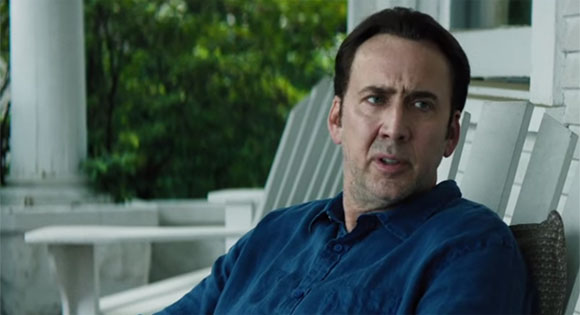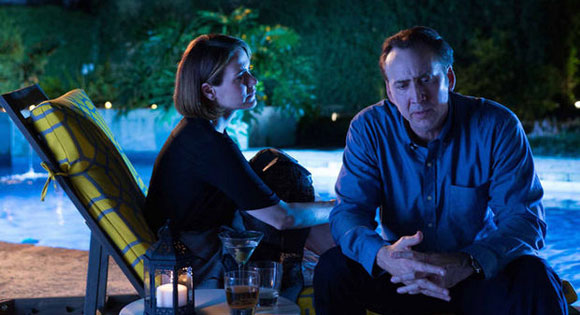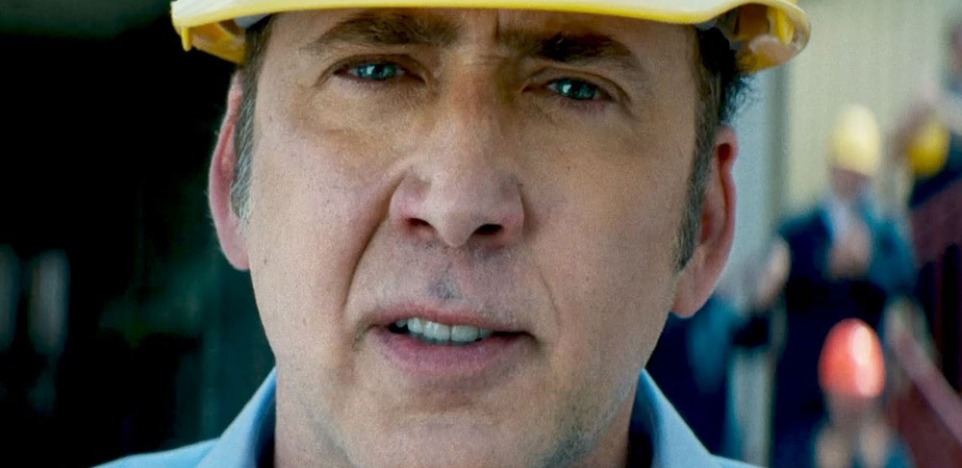In Hardwiring Happiness, neurospsychologist Rick Hanson outlines his blending of spirituality and brain science. One of the practices he describes is "taking in the good." It involves growing inner character strengths, developing positive mental states based on your experience of serving others, and savoring feelings of contentment, calm, and confidence.
Colin Price (Nicolas Cage) is a Louisiana congressman who speaks out for his constituency of local fishermen and entrepreneurs after the terrible 2010 Deepwater Horizon oil spill plunges most of them into deep financial peril. He stands up for them in a passionate speech before Congress. This act of taking in the good gives him the kind of exposure he needs to animate his longtime dream of running for the Senate.

Taking in the good is not about chasing after pleasure. In fact, it's about bringing that chase to an end. Colin's blows his chance for new possibilities when an elevator security camera catches him cavorting with a married cheerleading coach.
What has driven Colin to this self-destruction? His alcoholic behavior. Another is his love/hate relationship with his celebrated father, Rayne Pryce (Peter Fonda), a Civil Rights-era mayor whose political career was riddled with scandals and faulty judgments. Facing death, his dad says to him: "You don't have to be the hero. You just have to make it look good."
When his wife (Connie Nielson) decides to leave him, Colin turns to consolation in the arms of his campaign publicist (Sarah Paulson). This compulsive man just switches his addiction from alcohol to sex.

Runner is directed by Austin Stark. Nicolas Cage puts in an intense performance as a politician who fails to achieve his goal of taking in the good. This spiritual practice depends on being a friend to yourself. In this regard, Colin fails miserably.
